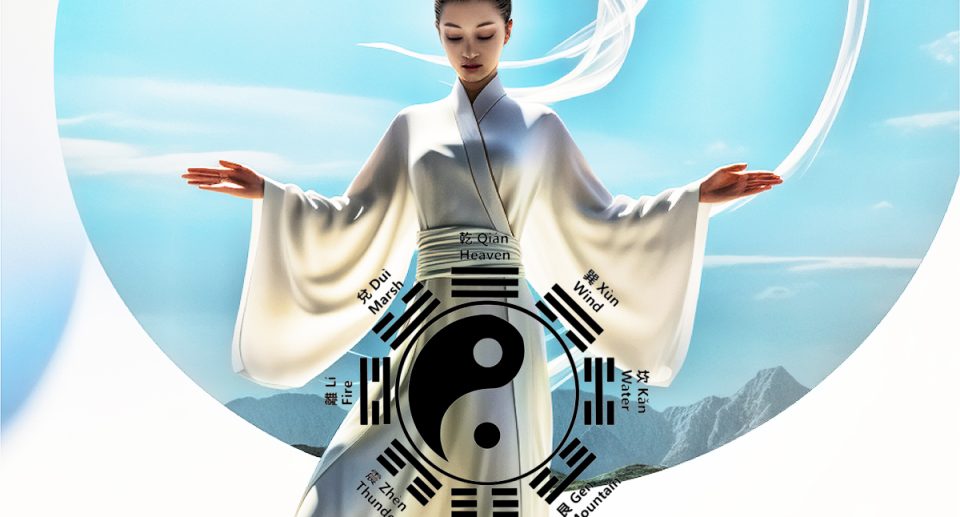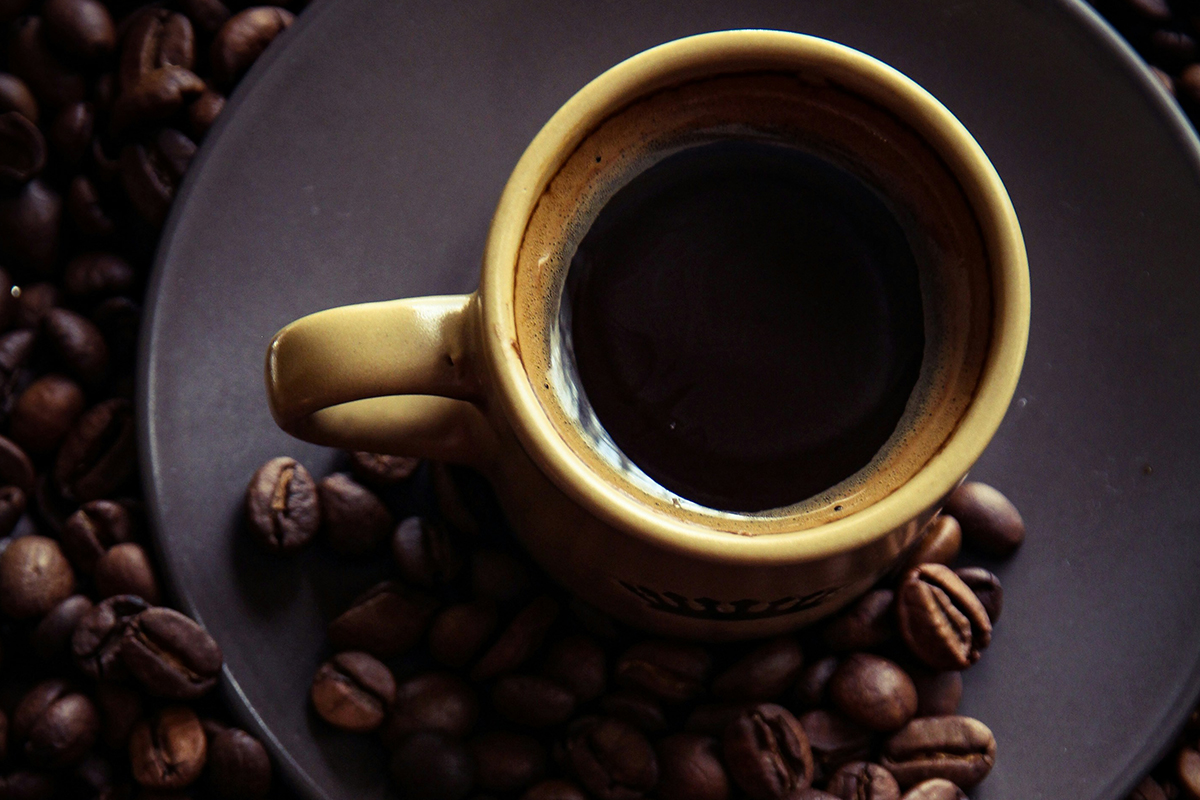Tai chi chuan – What you need to know about this mind-body practice

Tai chi chuan is often described as ‘meditation in motion,’ but it might well be called ‘medication in motion.’ There is growing evidence that this mind-body practice, which originated in China as a martial art, has value in treating or preventing many health problems. And you can get started even if you aren’t in top shape or the best of health.
In this low-impact, slow-motion exercise, you go without pausing through a series of motions named for animal actions or martial arts moves. As you move, you breathe deeply and naturally, focusing your attention — as in some kinds of meditation — on your bodily sensations.
Tai chi chuan differs from other types of exercise in several respects. The movements are usually circular and never forced, the muscles are relaxed rather than tensed, the joints are not fully extended or bent, and connective tissues are not stretched.
Tai chi in motion
A tai chi class might include these parts:
Warm-up
Easy motions, such as shoulder circles, turning the head from side to side, or rocking back and forth, help you to loosen your muscles and joints and focus on your breath and body.
Instruction and practice of tai chi forms
Short forms — forms are sets of movements — may include a dozen or fewer movements; long forms may include hundreds. Different styles require smaller or larger movements. A short form with smaller, slower movements is usually recommended at the beginning, especially if you’re older or not in good condition.
Qigong (or chi kung)
Translated as ‘breath work’ or ‘energy work,’ this consists of a few minutes of gentle breathing sometimes combined with movement. The idea is to help relax the mind and mobilize the body’s energy. Qigong may be practiced standing, sitting, or lying down.
Tai chi – No pain, big gains!
Although tai chi chuan is slow and gentle and doesn’t leave you breathless, it addresses the key components of fitness — muscle strength, flexibility, balance, and, to a lesser degree, aerobic conditioning. Here’s some of the evidence:
Muscle strength
Tai chi can improve both lower-body strength and upper-body strength. When practiced regularly, tai chi can be comparable to resistance training and brisk walking.
Although you aren’t working with weights or resistance bands, the unsupported arm exercise involved in tai chi chuan strengthens your upper body. Tai chi strengthens both the lower and upper extremities and also the core muscles of the back and abdomen.
Flexibility
Tai chi chuan can boost upper- and lower-body flexibility as well as strength.
Balance
Tai chi improves balance and, according to some studies, reduces falls. Proprioception — the ability to sense the position of one’s body in space — declines with age. Tai chi helps train this sense, which is a function of sensory neurons in the inner ear and stretch receptors in the muscles and ligaments.
Tai chi also improves muscle strength and flexibility, which makes it easier to recover from a stumble. Fear of falling can make you more likely to fall; some studies have found that tai chi chuan training helps reduce that fear.
Aerobic benefits
Depending on the speed and size of the movements, tai chi can provide some aerobic benefits. If your clinician advises a more intense cardio workout with a higher heart rate than tai chi can offer, you may need something more aerobic as well.
Tai chi chuan – What you need to know about this mind-body practice conclusion
Tai chi is an art embracing the mind, body and spirit. Tai chi translates to “supreme ultimate”. This describes the vastness of the universe. Everything in nature works harmoniously together due to yin and yang elements.
Originating in ancient China, tai chi chuan is one of the most effective exercises for health of mind and body. Although an art with great depth of knowledge and skill, it can be easy to learn and soon delivers its health benefits. For many, it continues as a lifetime journey. So, when are you going to start your tai chi mind, body and spirit journey?



















